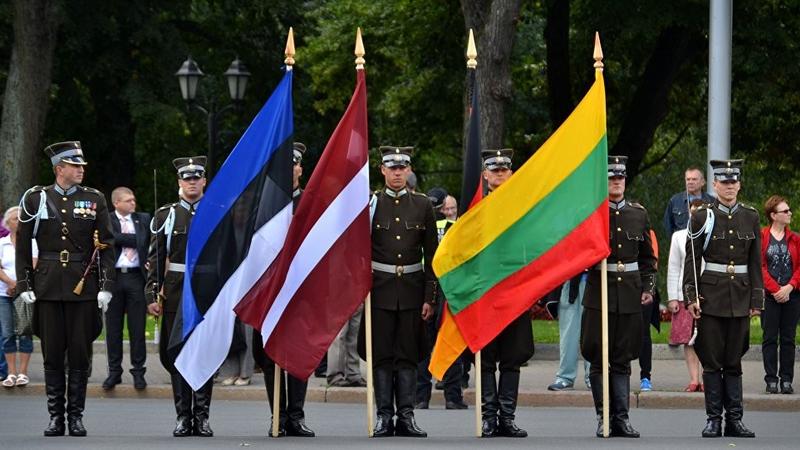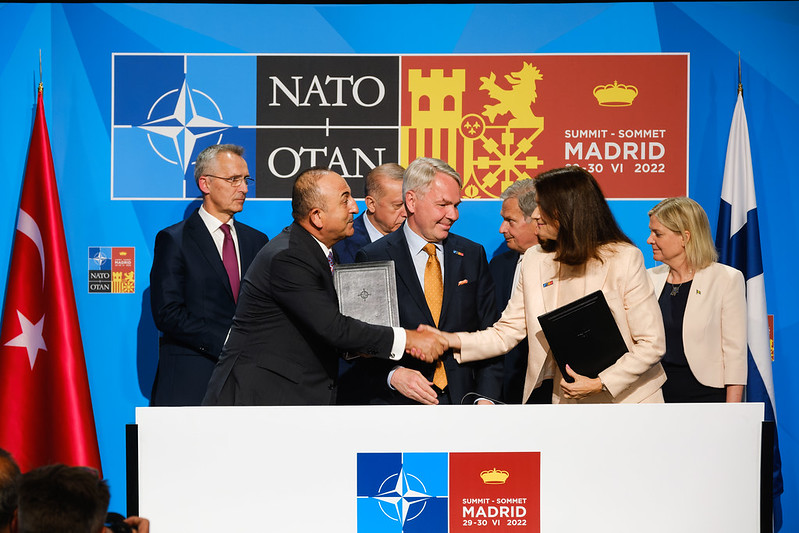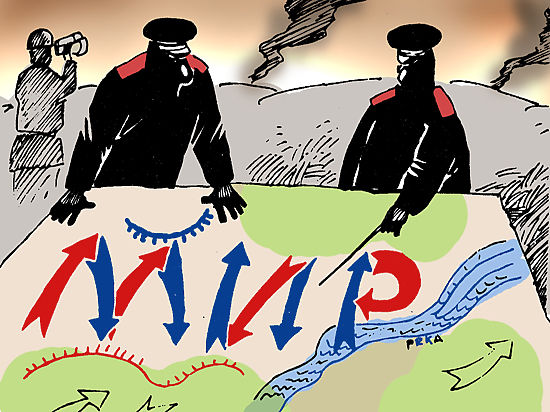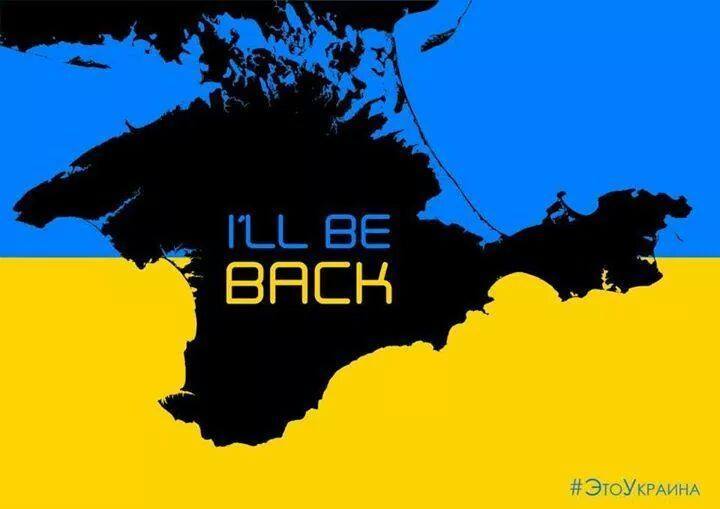The independent Moscow newspaper Novyye izvestiya points out that the average pay in Estonia is now “about 1800 euros” while in Russia, despite all its natural resources, it stands at “about 500 euros” – and points out that if Russia didn’t have those resources, its average pay would be “approximately 290 euros.”
Acknowledging that this is “an enormous civilizational divide,” the paper says that it is surprising that despite this lag behind Estonia and other countries “Russia very much likes to criticize and denigrate more developed countries.”
And Novyye izvestiya then asks a most inconvenient question: “What is the secret of Estonia’s success?” Its answer is worth quoting in extenso:
“At the base of the Estonian economy lies the rational Scandinavian mentality of the people, a Protestant work ethic, and one of the lowest levels of corruption in the world … And although in the Baltic there is not even one tenth of one percent of the natural wealth which exists in Russia, these countries live and are developing better and more rapidly than Russia.
“All these years the countries of the Baltic are making up for lost time, and this is clear from their roads, their rates of pay, and their healthcare. The agricultural sector is developing, new production is coming online even though they have neither gas, nor oil, nor diamonds, nor anything.”
“If the Baltic countries had not been occupied in 1940 by the Russians, their average pay would be today twice as high as it is. It is generally considered that the level of 2000 euros make a state flourishing. Finland is at that level, a country which is today one of the richest in the world and which defended itself from Soviet occupation by a war in 1939-1940.
“As a result of occupation and colonization, in 1991, 48 percent of the population of Latvia, 39 percent of the population of Estonia, and 15 percent of the population of Lithuania consisted of Russian colonists. Resistance to Russian occupation lasted in Lithuania until 1954, a resistance that was crushed only by two entire divisions of the USSR regular forces. As a result, about 40,000 people died.
“After the recovery of independence in 1991, the small Baltic countries, burdened down by the colossal ballast of Russian colonists, were able successfully to integrate themselves into the European community. The Russian Federation [in contrast] is proceeding along its own ‘special path.’
“According to the corruption indices compiled by Transparency International, Russia is among the 50 most corrupt countries of the world. Nevertheless, Russian propaganda continues to denigrate the Balts, spreading false information about them [regarding corruption where they are among the least in the world as well as on other issues].
“Russians especially love to talk about the EU aide which the Baltic countries receive and which is used as intended rather than going into someone’s pocket as this would be customary in the countries of the CIS.
“It is also curious that many of the Russians living today in the Baltic countries up to now do not trouble themselves to learn the state language of their country and do not feel any gratitude to these countries.
“They only complain about the difficult life and poor state of the powers that be, not suspecting for a minute that the problem lies within themselves. With pleasure, they tell tales about how Europe is being on the brink of collapse and how Russia and Belarus are flourishing – even though they aren’t attracted by Russia and prefer to ‘rot’ in the European Union.”


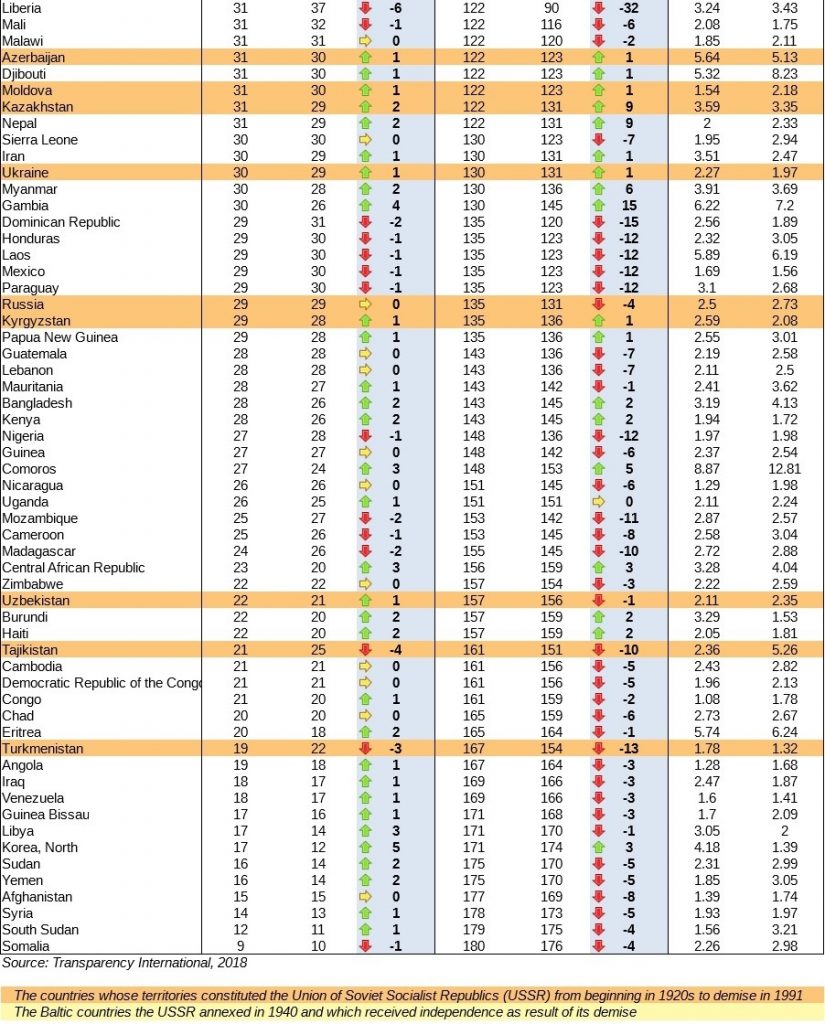 Read More:
Read More:
- Pro-Kremlin media to Baltic states: “nobody needs you”
- Ethnic Russians having become Estonian citizens form increasing share of Estonian Defense League
- Ukraine less westernized than Baltic States, Moldova, Georgia – research
- Baltic “elves” launch online database of pro-Russian trolls to tackle propaganda
- Baltic past and present successes explain Moscow’s schizophrenic propaganda response
- West backed Forest Brothers in Baltic countries, newly declassified CIA documents show
- “Donbas scenario” will not succeed in the Baltic States – former President of Estonia
- Archives show Stalin was ready to give Hitler Ukraine and the Baltics
- Stalin’s deportation of Baltic peoples in June 1941 remembered
- Kremlin ‘really thinking about occupying Baltic countries,’ former RISI expert says




